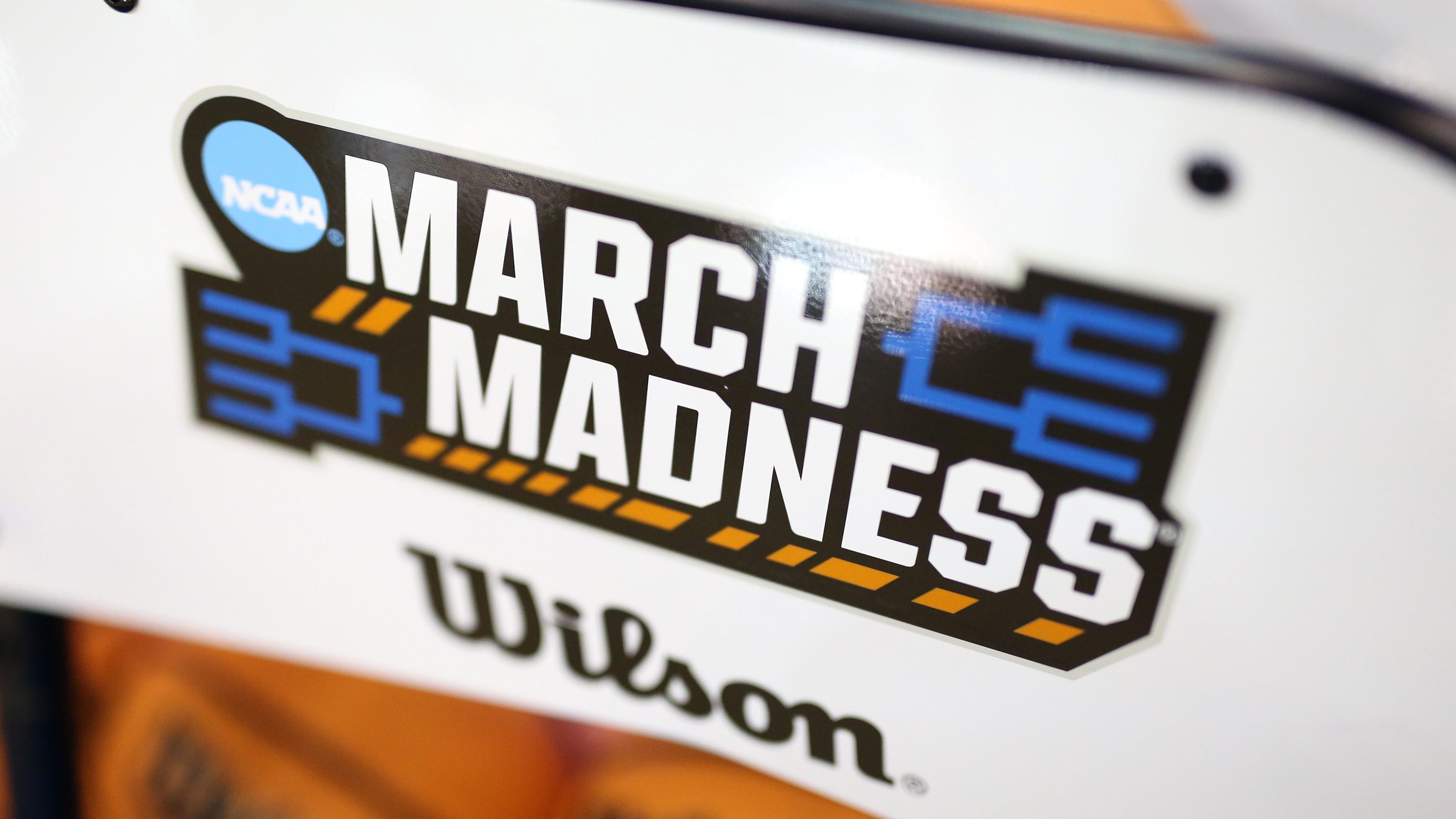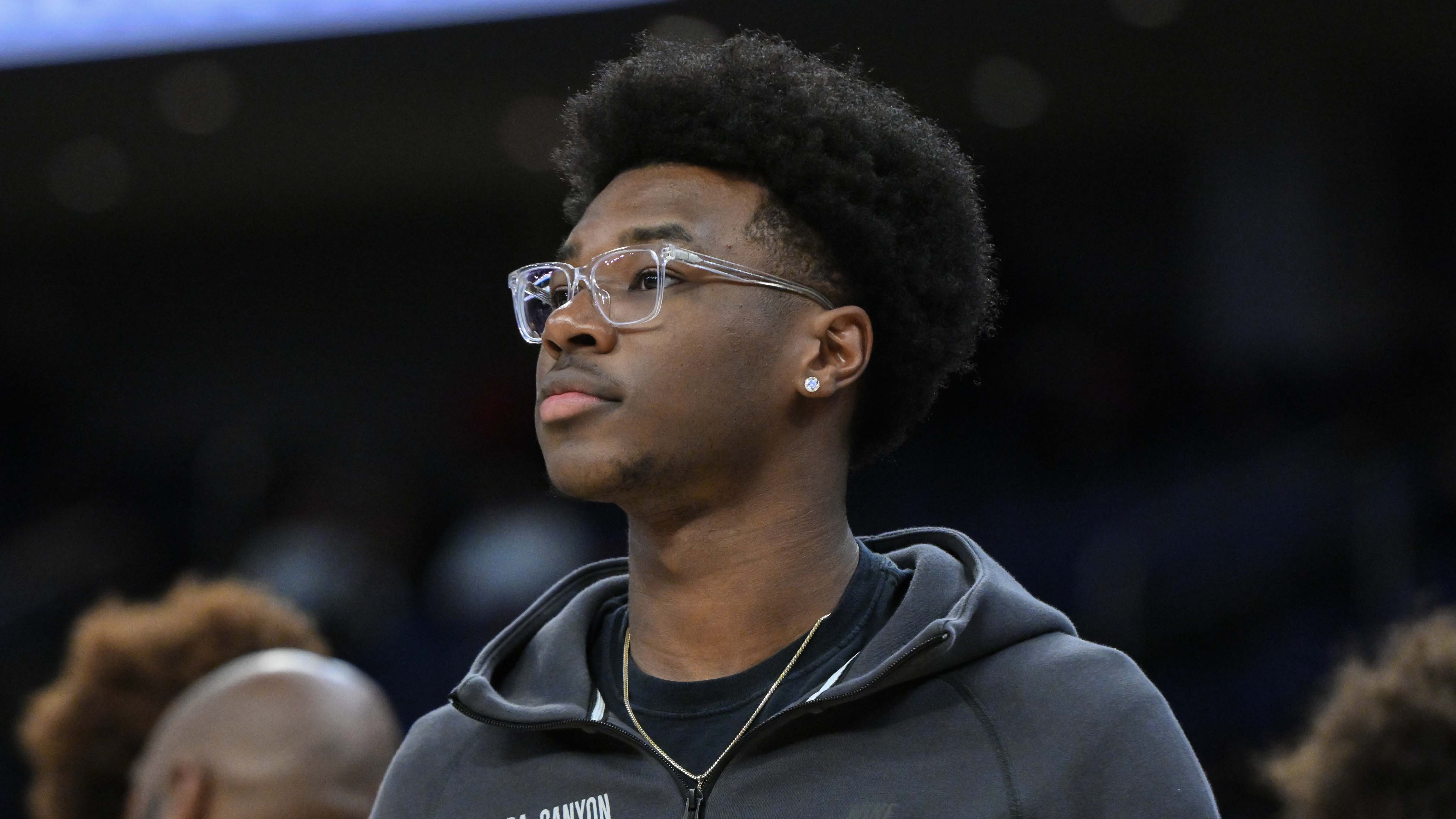March Madness is unpredictable. Seriously – it has never been correctly predicted.
Millions of college basketball fans fill in NCAA Tournament brackets each year with hopes of putting together the best one. However, while many can correctly pick a champion and certain upsets, there is still a chase for an elusive, perfect bracket.
In 2023, no entry submitted to a major online bracket game was able to stay perfect past the 25th contest of the tournament, where No. 16 Fairleigh Dickinson upset No. 1 Purdue in the first round. This year, No. 9 Utah State's victory over No. 8 TCU in the 31st game of the tournament spoiled the final perfect bracket.
Stay in the game with the latest updates on your beloved Philadelphia sports teams! Sign up here for our All Access Daily newsletter.
Let’s look at just how difficult it is to create a flawless bracket:
Has there ever been a perfect NCAA bracket?
There has never been a verified perfect bracket, according to the NCAA. The organization has been tracking online submissions across platforms since 2016 and used archival data before that.
Now, someone could have jotted down a perfect bracket over the years. In all likelihood, if that person said they did it, they were almost certainly lying.
NCAAB
What is the longest an NCAA bracket has been perfect?
Greg Nigl of Columbus, Ohio, set the NCAA Tournament bracket record in 2019. He correctly predicted the winner of the first 49 games, breaking the previous record of 39 set in 2017 and becoming the first person to carry a perfect bracket past the second round.
Nigl’s luck came to an end in the 50th contest of the 2019 tournament. No. 2 Tennessee almost kept his streak alive in the second game of the Sweet 16, but the Volunteers fell to No. 3 Purdue by a 99-94 score in overtime.
What are the odds of predicting a perfect bracket?
Astronomically small.
The odds for a perfect bracket are one in 9,223,372,036,854,775,808, which is 2 to the 63rd power.
That number is purely mathematical, though. With knowledge of the sport, like knowing the overwhelming likelihood that No. 1 seeds will beat No. 16 seeds in the first round, the number decreases a bit. Even then, there could be a Fairleigh Dickinson or UMBC lurking to put a blemish on people’s brackets.
The probability could also be even larger if every tournament game was included. Bracket submissions begin with the first round and do not include First Four games. If those were in the mix, the odds of a perfect bracket would become one in 147,573,952,589,676,412,928.
Editor’s note: An earlier version of this article was published in March 2023.


